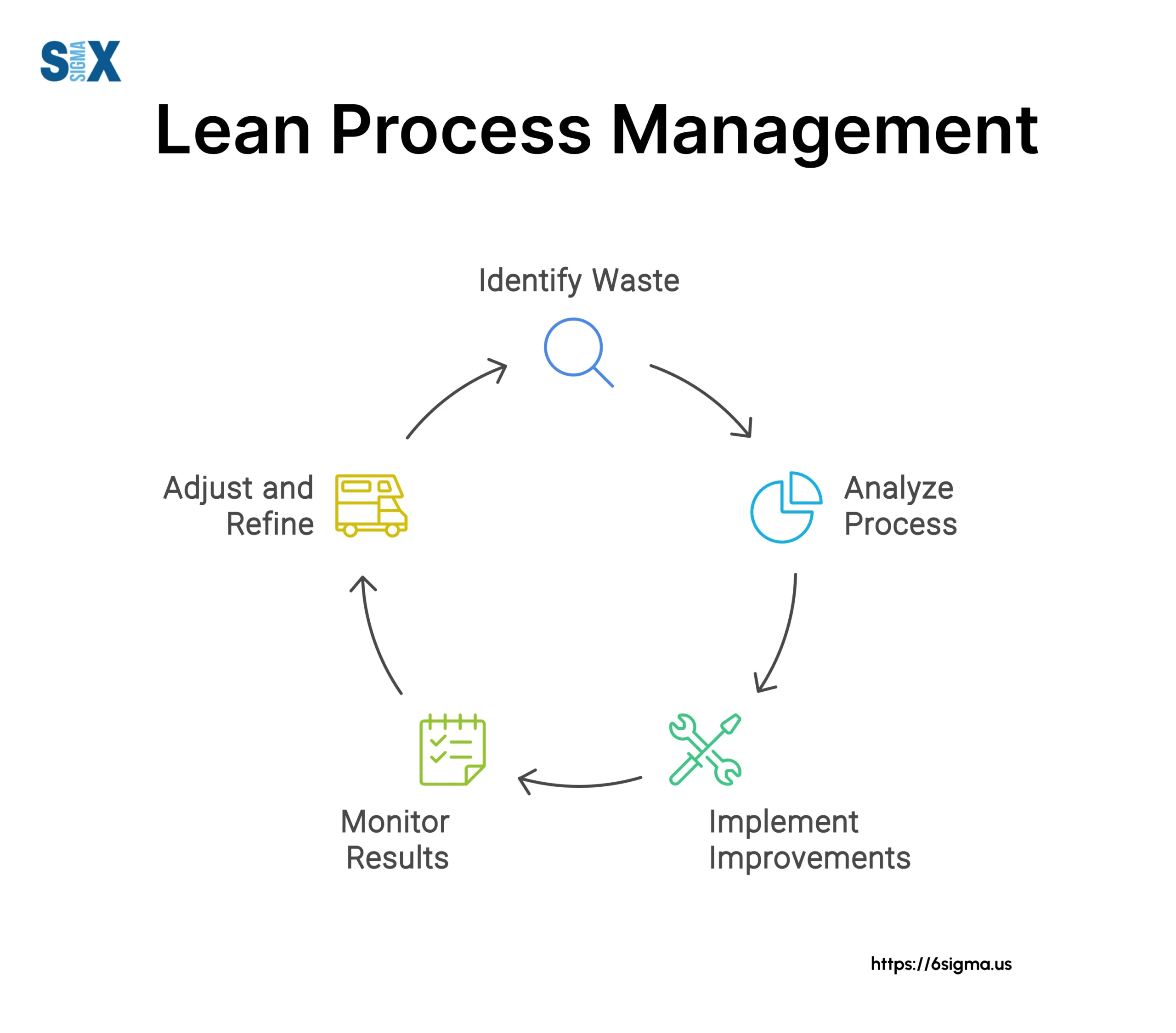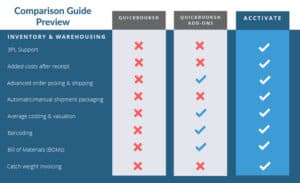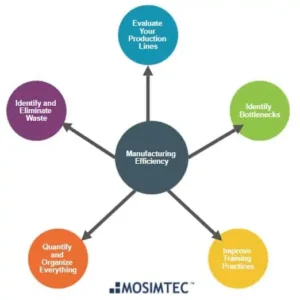Streamlining Operations with Effective Production Management Tools
Efficient production management is the backbone of a smooth-running business, ensuring resources are optimized and output is maximized.
Introduction:
Production management involves overseeing the entire production process from planning to delivery. For businesses, especially those in manufacturing, effective production management ensures that resources are used optimally, deadlines are met, and costs are minimized. In this article, we’ll dive into how production management tools can simplify processes, reduce errors, and increase operational efficiency.
The Importance of Production Management
Production management plays a critical role in ensuring that products are manufactured on time and meet quality standards. Without an effective production management system, businesses risk delayed deliveries, poor resource allocation, and inconsistent quality.
Key Benefits of Effective Production Management:
- Optimized Resource Allocation: Ensures labor, machinery, and materials are used efficiently.
- Reduced Production Costs: Identifies cost-saving opportunities through better planning and workflow management.
- Improved Product Quality: Enhances quality control by streamlining processes and identifying bottlenecks early on.
Key Components of Production Management
Effective production management focuses on several core areas, each contributing to a streamlined and efficient production process:
1. Production Planning
Production planning involves setting schedules, allocating resources, and estimating the time and cost needed for production. Tools like Katana Cloud Inventory and Fishbowl help streamline production planning by providing real-time insights into stock levels, demand, and available resources, making it easier to plan efficiently.
2. Workflow Automation
Automation is a game-changer for production management. Workflow automation tools reduce the need for manual intervention by automating routine tasks such as scheduling, inventory updates, and order tracking. Cin7 is an example of a tool that integrates inventory management with workflow automation, ensuring seamless production.
3. Inventory and Supply Chain Management
Production management is closely tied to inventory control and supply chain optimization. Properly managing the inventory ensures that the necessary materials are available when needed, preventing costly delays. Zoho Inventory provides real-time updates on stock levels and tracks the supply chain, keeping your production line moving smoothly.
4. Quality Control
Maintaining high product quality is crucial for customer satisfaction. A production management system that includes built-in quality control processes ensures that each product meets specific standards before moving to the next production stage. Tools like TradeGecko provide detailed reporting features that highlight areas for improvement, ensuring product quality remains consistent.
How Production Management Tools Enhance Efficiency
Using the right production management tools can significantly improve how businesses operate. These tools are designed to reduce human error, automate time-consuming tasks, and provide real-time visibility into the production process.
1. Real-Time Data and Reporting
Tools like Katana Cloud Inventory offer real-time reporting features, allowing businesses to monitor production progress, track key metrics, and adjust operations on the fly. Real-time insights help companies address potential issues before they escalate into costly problems.
2. Automated Scheduling
Scheduling conflicts and bottlenecks can severely disrupt production. Automated scheduling tools help ensure that production workflows are optimized, and resources are allocated efficiently. This minimizes downtime and improves the overall productivity of the production process.
3. Cost Savings through Automation
Automating routine production tasks, such as tracking inventory or updating order statuses, saves time and reduces labor costs. This not only speeds up production but also ensures that resources are allocated to tasks that require human intervention, increasing operational efficiency.
4. Integration with Other Systems
Production management tools that integrate with other business systems, such as CRM and financial software, provide a more holistic view of operations. Cin7 and Fishbowl are examples of tools that integrate seamlessly with other platforms, improving communication between departments and making data more accessible across the organization.
Common Challenges in Production Management and How to Overcome Them
Even with the best tools in place, production management can present certain challenges. Here’s how to address some of the most common issues:
1. Managing Resource Constraints
Resource constraints can cause production delays and inefficiencies. By using production management tools to monitor resource availability in real time, businesses can plan production schedules more effectively and reduce downtime.
2. Handling Complex Supply Chains
Managing a complex supply chain can be overwhelming, especially when dealing with multiple suppliers and manufacturing sites. Inventory tools like Zoho Inventory help centralize supply chain data and improve visibility, reducing delays caused by supply chain bottlenecks.
3. Maintaining Consistent Product Quality
Consistency in product quality is essential for maintaining customer satisfaction. Automated quality control processes, integrated into production management systems, ensure that quality checks are done at every stage, catching issues before products are shipped.
FAQs
What is production management?
Production management is the process of planning, coordinating, and controlling all aspects of the production process, from the procurement of materials to the manufacturing of goods and the delivery to customers.
How do production management tools help businesses?
Production management tools streamline the manufacturing process by automating scheduling, inventory management, and quality control. These tools reduce human error, increase efficiency, and provide real-time data for better decision-making.
Can small businesses benefit from production management tools?
Yes, production management tools like Zoho Inventory and Katana Cloud Inventory are designed for businesses of all sizes. Small businesses can use these tools to optimize their production processes, reduce costs, and scale operations more effectively.
What are the key features to look for in a production management tool?
Look for features like real-time inventory tracking, workflow automation, production scheduling, and quality control. Integration with other business systems, such as accounting and CRM tools, is also beneficial.
How can I improve production quality with management tools?
Production management tools like Fishbowl and TradeGecko offer built-in quality control features that monitor product quality at each stage of production, ensuring consistency and reducing defects.
Top Tools to Simplify and Scale Your Production Management
- Katana Cloud Inventory – Offers real-time visibility over inventory and production processes, streamlining the planning and scheduling of manufacturing operations.
- Cin7 – A comprehensive inventory and production management tool that integrates with multiple platforms, automating workflows and optimizing resource allocation.
- Zoho Inventory – Designed for businesses of all sizes, Zoho Inventory helps manage stock levels, track supply chains, and ensure efficient production management.
- Fishbowl – Specializes in manufacturing and warehouse inventory management, providing tools for real-time tracking of stock, orders, and production workflows.
- TradeGecko – Now part of QuickBooks Commerce, TradeGecko offers advanced reporting and quality control features, making it easier to maintain consistent product standards.
Keywords: production management, inventory tools, manufacturing efficiency, workflow automation, supply chain optimization, quality control, production scheduling, real-time data






